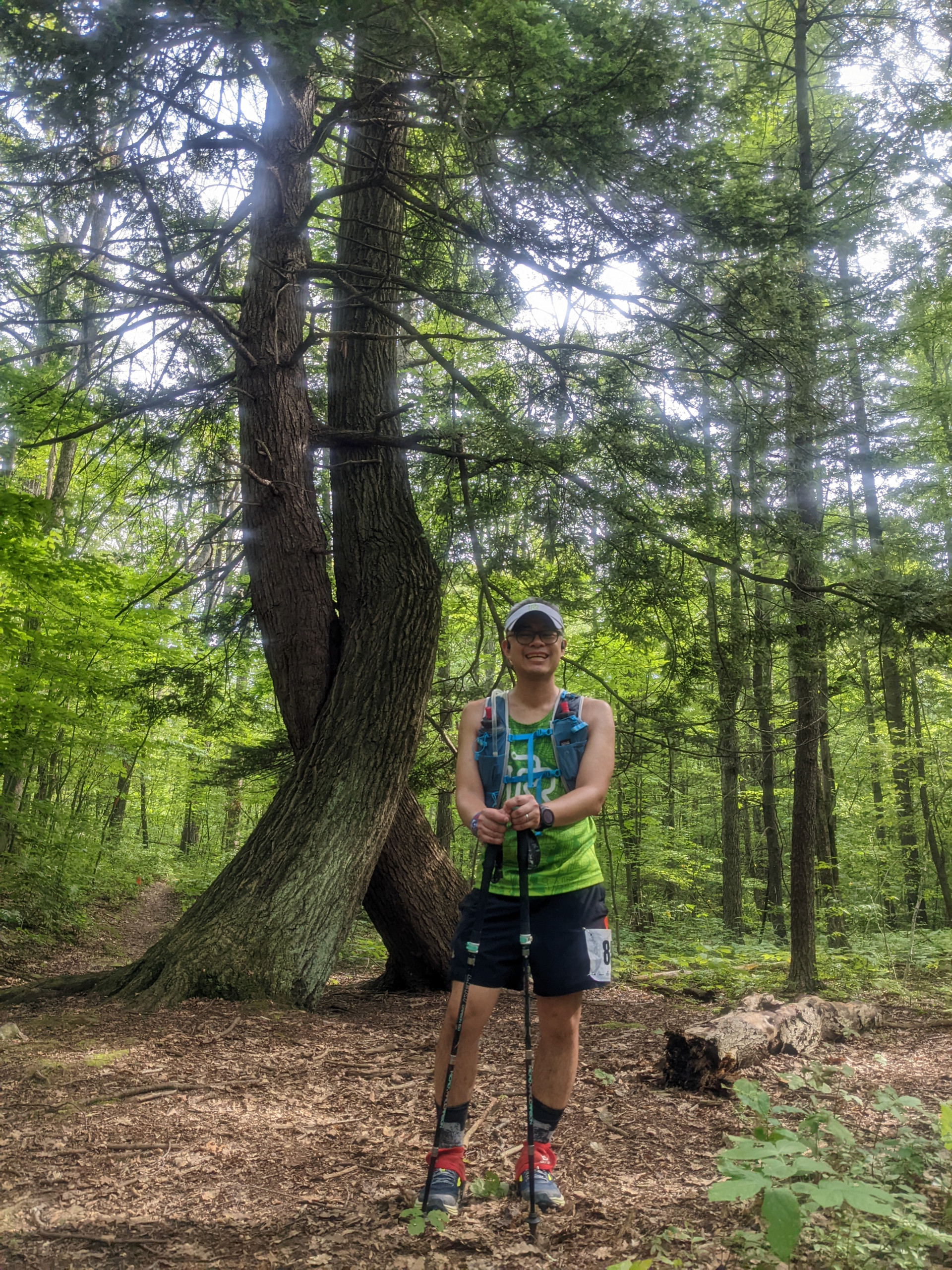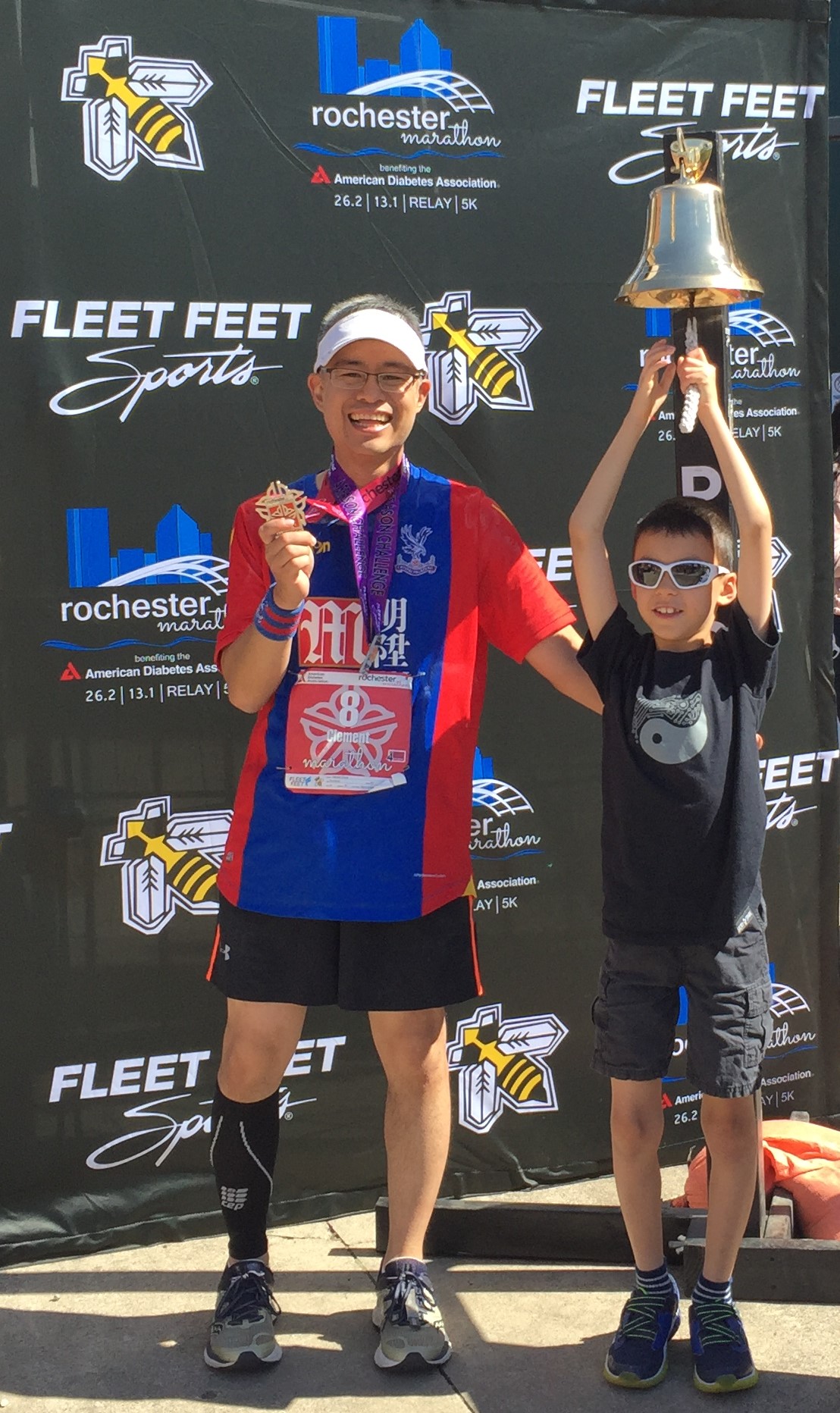The Twisting Branch Part 7
As I was chatting with Addie Bracy on our second mental performance coaching session, after we had our conversation about my complicated relationship with running these past few months, there was a little time left over for me to turn the tables and ask her some questions of my own. I thought it might be interesting or even useful for anyone reading about my journey, and the role Addie played in it, to find out how she got started as a CMPC and her thoughts on her sports psychology career. I hope you enjoy this small bonus for making it so far in this blog along with me!
What drew you to sports psychology?
I got into sports psychology as I felt that, during my athletic career, I had access to the best coaches for physical training but not for mental performance. I felt that it wasn’t stressed or talked about as much, which seemed strange as I started to note my most disappointing performances were mental-related.
As I started to transition into coaching, I wanted to offer a resource that’s as important as physical training, if not more so. I’ve always been involved in coaching since college. I stayed on after I graduated from UNC Chapel Hill but I started to question what type of coaching I wanted to focus on. I found after 3 years of coaching at the college level that it wasn’t right for me.
When I moved to Boulder, I started coaching high school athletes, and by 2015-16, coaching became more of a priority for me – I retired from competing on the track and thought my athletic career was over at that point. In 2017, I started grad school for sports psychology at the University of Denver. It was also around this time that I fell into trail and ultra running and found I could continue performing at an elite level.
At DU, I was fortunate to be able to focus on applied sports psychology consulting – one of the features of the program was that I had field placements from day one. At this point, I was familiar with the role of a CMPC: I worked at the Olympic Training Center, as well as working with a range of different high school sports. From DU’s sports psychology Masters program, most graduates go on to work for an organization of some kind – many go into the military. I felt I wanted to work on a more personal level, and practice within my sport. I was fortunate to have connections in the endurance and adventure sports domain. I believe it’s helped me to have the shared experience of competing in my clients’ arenas, but I do also work with athletes from sports in which I have no experience. Every sport has components of endurance, strength, and physical skill sets, but each one looks different.
What do you advise clients on the most?
Managing distractions. Recognizing when you’re not focusing on the right thing, such as unproductive self-talk.
Also, I empathize with clients on athletic identity and the pressure of expectations.
Some people reach out to me right before a race, but I would say it’s most helpful to work with an athlete over a number of years and watch their growth.
Are there specific aspects of mental performance coaching that are unique to trail and ultra runners?
Generally speaking, the differentiating factor is duration. Mental fatigue occurs over a longer period, so having to combat those challenges is unique (there are also physical elements that are specific).
Related to that is the way that distraction management is different. While this is also prevalent in other sports, in ultrarunning, there are so few built-in focal points.
What from your experience as an athlete have you brought into your coaching?
Having lived the life of a high-level athlete, I would say that helps with rapport and empathy with my clients. However, I have to be careful that I don’t project my own experience onto someone else’s.
What advice would you give to someone who is looking to get into sports psychology and maybe become a CMPC?
Talk to a sports psychologist or mental performance consultant, and experience it as a client. That way you can feel and see what the experience does for you.
Also, it helps to have an idea what you want to do with a CMPC designation as you pursue it, but allow yourself the flexibility that things can change.
Add Comment
You must be logged in to post a comment.







